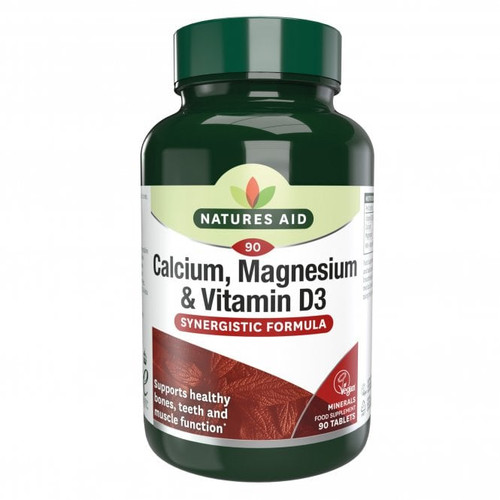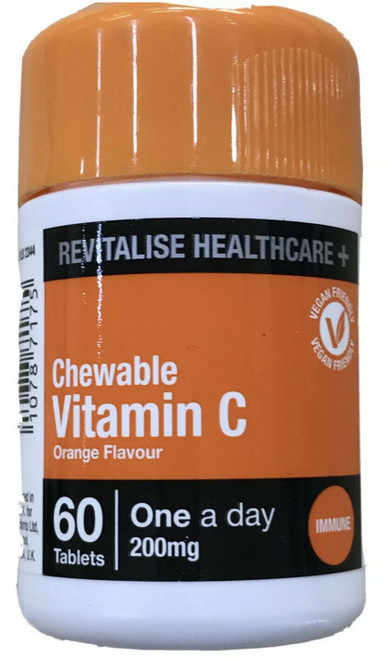For the maintenance of normal bones, teeth and muscle function.
Vitamin D can be made by your body when your skin is exposed to sunlight, which is why vitamin D is often referred to as ‘The Sunshine Vitamin’. However, despite the fact that our bodies can make this valuable nutrient, it is thought that Vitamin D deficiency is one of the most common deficiencies in the world.
Vitamin D is used by the body in many important processes including:
- Helping to support healthy bones and teeth
·Supporting the normal absorption and utilisation of calcium
· Supporting the healthy function of the immune system
· Contributing to normal muscle function
Natures Aid Vitamin D3 4000iu is a super strength product.
Ingredients
Di-Calcium Phosphate, Microcrystalline Cellulose, Vitamin D3 Prep. (Maltodextrin, Modified Starch, Sucrose, Cholecalciferol), Sodium Carboxymethylcellulose, Anticaking Agents (Silicon Dioxide, Vegetable Source Magnesium Stearate).
Directions for Use
Take 1 tablet per day with food.
Do not exceed the recommended intake.
| Size | 60 |
|---|---|
| Form | 8.75mm diameter round tablet |
| Age Restrictions | 4000iu is suitable for adults over 16 years only |
| Packaging | 120ml white PET bottle |
| Allergy Information | Suitable for vegetarians. No artificial colours or flavours. FREE FROM: GM, dairy, lactose, gluten, wheat, yeast, nuts, salt, soya, starch and sugar. |
| EFSA Approved Claims | Vitamin D contributes to normal absorption/utilisation of calcium and phosphorus, and normal blood calcium levels. Vitamin D contributes to the maintenance of normal bones, teeth and muscle function. Vitamin D contributes to the normal function of the immune system. Vitamin D has a role in the process of cell division. Vitamin D helps to reduce the risk of falling associated with postural instability and muscle weakness. Falling is a risk factor for bone fractures among men and women 60 years of age and older. |











